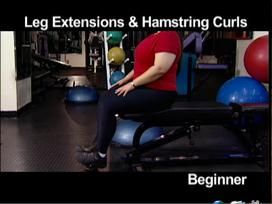Earning a graduate degree can hone your skills and net you a promotion. It can boost your salary, too. The proof is in the paycheck: Four-year college graduates earn about $51,000 a year, but those with advanced degrees earn double that amount [source: Clark].
Before you cash in, though, you'll need to understand how to study for the Graduate Record Examination (GRE). Many graduate degree programs require that all applicants take the GRE, a nearly four-hour test that assesses verbal, quantitative and analytical writing skills. Graduate programs use the exam as a window into an applicant's overall skill sets and consider GRE scores along with transcripts, resumes, letters of recommendation and other qualifications.
Advertisement
Doing well on the GRE can require a good deal of preparation. Although the exam's designers say the it's intended to measure only general ability -- meaning you shouldn't have to study for it -- that doesn't mean it's a good idea to simply walk in on exam day and hope for the best. This is especially true if you've been out of school for several years or if you're applying to a competitive graduate program that accepts a limited number of applicants. You may be unfamiliar with some of the vocabulary and math skills on the exam, but will still need to earn the highest possible score. You'll also need to formulate an essay. Our 10 tips to help you prepare begin on the next page.




